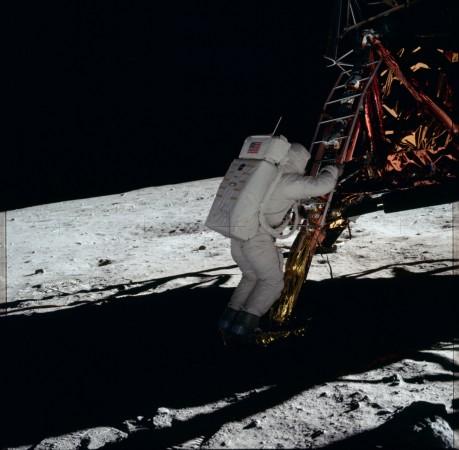
Several space experts had earlier warned that human beings will face serious health issues during space colonization missions due to dreaded radiation. In order to combat this threat, NASA, the United States space agency, is reportedly planning to send humanoid dummies to the moon as a part of the Artemis 1 mission which will be carried out in 2020.
Testing the space radiation shielding vest
During the Artemis 1 mission, NASA will test a radiation shielding vest worn by one phantom dummy and another dummy will not be wearing the protective clothing. Experts believe that these tests will help the space agency to determine the scale of radiation emitted by the sun and space.
It should be noted that the humanoid dummy vest that will be travelling along with the Artemis 1 mission is designed for a female body. Scientists have made this choice as several previous studies have found that females are more prone to space radiation than males. These dummies will be equipped with advanced sensors.
These protective vests are made by using polyethene shields to prevent radiation penetration. It should be noted that the same material is used in the sleep quarters of the International Space Station.
The Artemis 1 mission will be unmanned and experts believe that this is the first step to achieve the ultimate aim, the Mars colonization. Upon the success of the Artemis 1 mission, NASA will send a series of other missions to the moon aimed to build a manned lunar base.
The space radiation dilemma
A few years back, a study report published by the US National Library of Medicine and National Institutes of Health had suggested that the risk of developing dementia will be heightened among people who received radiation therapy for cancer treatment. Now, space scientists believe that a similar risk of developing dementia will be higher among astronauts who get exposed to dangerous space radiation.
Samantha Rolfe, a popular astrobiologist, too shares similar views. She believes that human missions to Mars could be suicidal as it will expose astronauts to space radiation which will cause serious health hazards.
A section of space experts believes that sending AI-powered robots could be the best option to combat the threat of space radiation. As per these space scientists, robots reaching the barren land of Mars will build a safe haven for humans and thus the problem of space radiation can be addressed effectively.

















